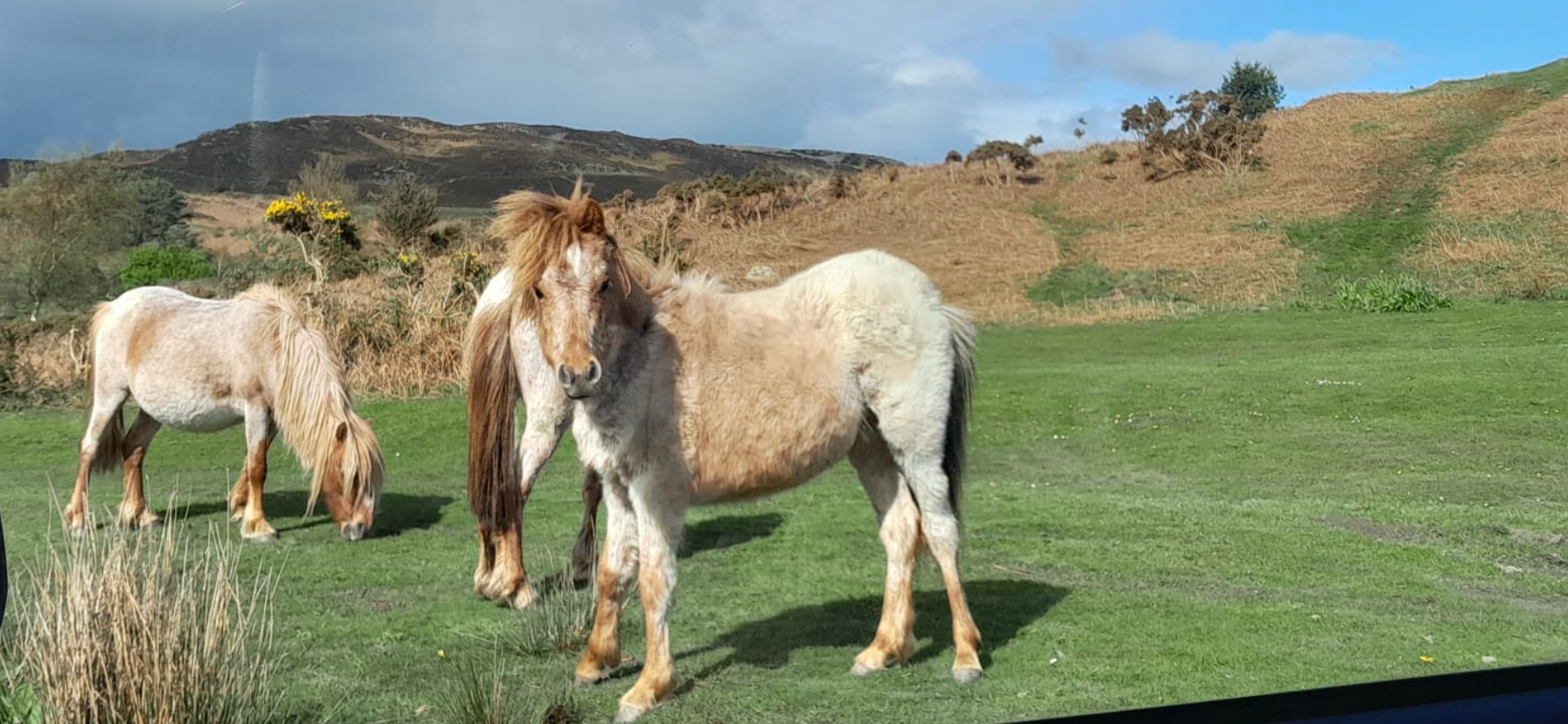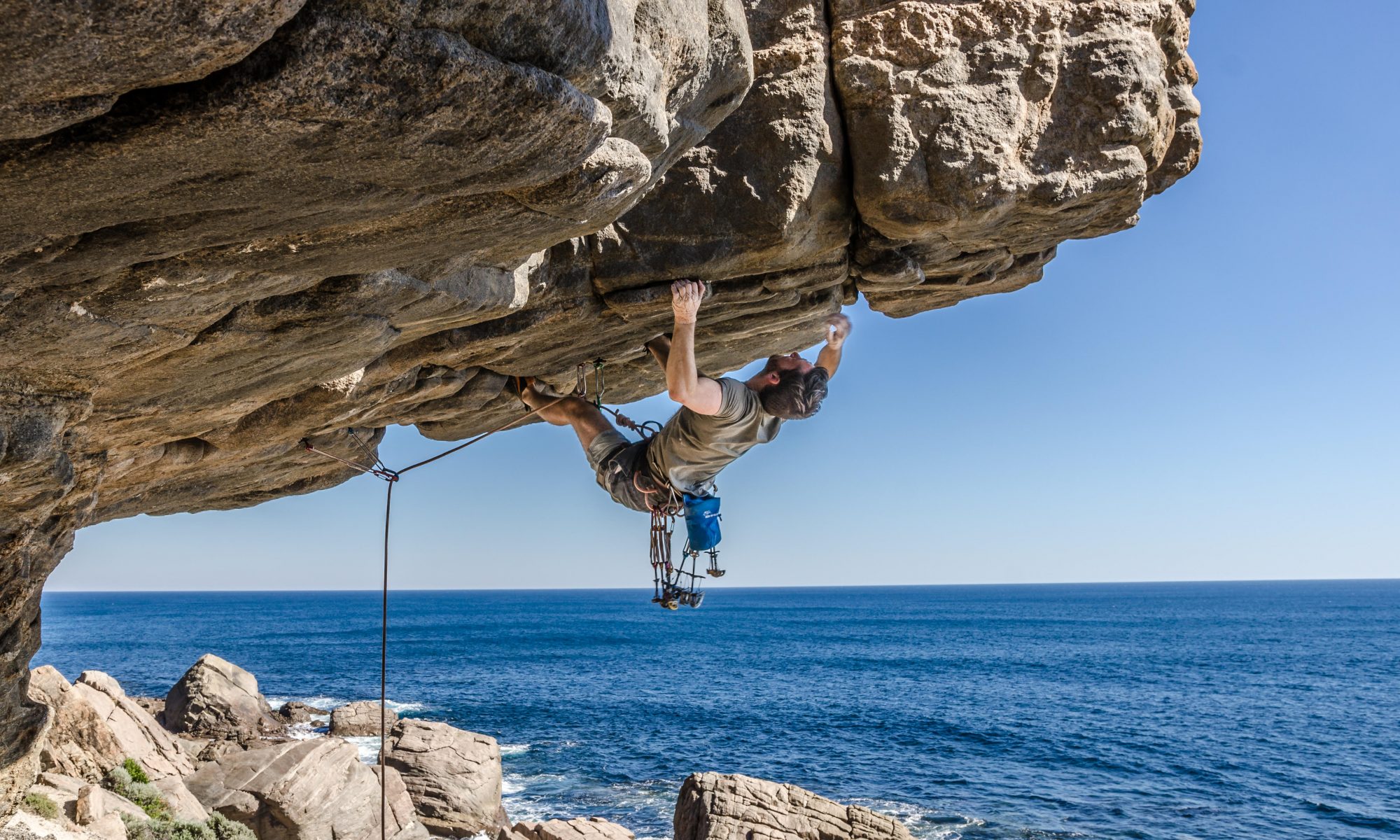
I love all of my podcast episodes, but every now and again I get to record and be part of a conversation that I could have a profound influence on both me and other equestrians. This is one of those conversations.
Link to the episode https://www.buzzsprout.com/1975020/14968112
My guests on this episode are Bonny Mealand and Emily Kieson:
Bonny Mealand DEP MEPA
Bonny’s niche is trimming the hooves of wild horses, combining her extensive experience as an Equine Podiatrist , fascination with equine behaviour, and her skill as a trainer of the “untrainable”.
Her award winning work with the takhi (Equus ferus ssp.Przewalskii ) of the Highland Wildlife Park has been featured on BBC Inside the Zoo. She is a regular writer for the Concordia: A Voice for Horses magazine and runs courses teaching safe, low stress and effective handling techniques. Bonny is an advocate of ethological study and alongside Dr Emily Kieson runs “Learning Wild” equine behaviour courses. Having been involved for many years with both domestic as well as wild horses she is passionate about sharing the valuable information she has learnt and showing how inextricably linked these two worlds are.
Bonny is an enthusiastic Equine Science Masters student at The University of Edinburgh (Dick Vet). She volunteers as a welfare advisor for the BHS. She is a Somatic Yoga and Mindfulness teacher and a Retained Firefighter for the Scottish Fire and Rescue Service.
Web site – https://www.touchingwild.com/
Online Course – https://community-touchingwild.mn.co/
Instagram – https://www.instagram.com/touching_wild
Facebook (Learning Wild) – https://m.facebook.com/learning.wild.global/
Facebook (Touching Wild) – https://m.facebook.com/TouchingWild/
Emily Kieson PhD, MS, PgDip
Emily Kieson serves as Executive Director at Equine International, a US-based nonprofit focused on research, education, and outreach in the fields of equine behavior, welfare, and equine-human interactions.
Emily holds a PhD in Comparative Psychology, a MS in Psychology, and a graduate degree in Equine Science. She also holds multiple certifications in various models of equine-assisted activities and recently served as Chair of the Equine Welfare Committee with the Professional Association of Therapeutic Horsemanship (PATH).
Her current research focuses involve looking at equine affiliative behaviors to study how horses create and maintain social bonds and how those can overlap with human affiliative behaviors for application in management, horse ownership, equine-assisted activities, and indicators of positive welfare in horses with and without humans.
She also has a passion for supporting sustainable systems of horse management and husbandry that promote physical and psychological welfare of the horse while simultaneously supporting sustainable ecosystem practices on small and large scales (for both feral and domestic equids). Emily currently develops and teaches courses at universities in the fields of psychology, animal-human interactions, animal-assisted interventions, animal behavior and training, and animal welfare and ethics.
For more information on Equine International visit equineintl.org (or equineinternational.org)
For more information on Learning Wild courses visit LearningWild.net
Related research papers:
Kieson, E, & Sams, J. (2022). Horse-Human Communication : The Roles of Language and Communication in the Context of Horse-Human Interactions. International Journal of Zoology and Animal Biology, 5(6). https://doi.org/10.23880/izab-16000414
Kieson, Emily, Felix, C., Webb, S., & Abramson, C. I. (2020). The effects of a choice test between food rewards and human interaction in a herd of domestic horses of varying breeds and experiences. Applied Animal Behaviour Science, 231(April). https://doi.org/10.1016/j.applanim.2020.105075
Kieson, Emily, & Goma, A. A. (2023). Tend and Befriend in Horses : Partner Preferences , Lateralization , and Contextualization of Allogrooming in Two Socially Stable Herds of Quarter Horse Mares.
Lansade, L., Bonneau, C., Parias, C., & Biau, S. (2019). Horse’s emotional state and rider safety during grooming practices, a field study. Applied Animal Behaviour Science, 217(April), 43–47. https://doi.org/10.1016/j.applanim.2019.04.017
Maeda, T., Ochi, S., Ringhofer, M., Sosa, S., Sueur, C., Hirata, S., & Yamamoto, S. (2021). Aerial drone observations identified a multilevel society in feral horses. Scientific Reports, 11(1). https://doi.org/10.1038/s41598-020-79790-1
Merkies, K., & Franzin, O. (2021). Enhanced understanding of horse–human interactions to optimize welfare. Animals, 11(5), 1–14. https://doi.org/10.3390/ani11051347
Rudd, C., Pasiuk, E., Anderson, N., Hall, N., Foster, R., Schroeder, K., … Foster, R. (2024). A Preliminary Assessment of Equine Affect in Equine-Assisted Services A Preliminary Assessment of Equine Affect in Equine-Assisted ABSTRACT. Anthrozoös, 0(0), 1–18. https://doi.org/10.1080/08927936.2024.2333163
Discover more from Dynamics Coaching
Subscribe to get the latest posts sent to your email.
